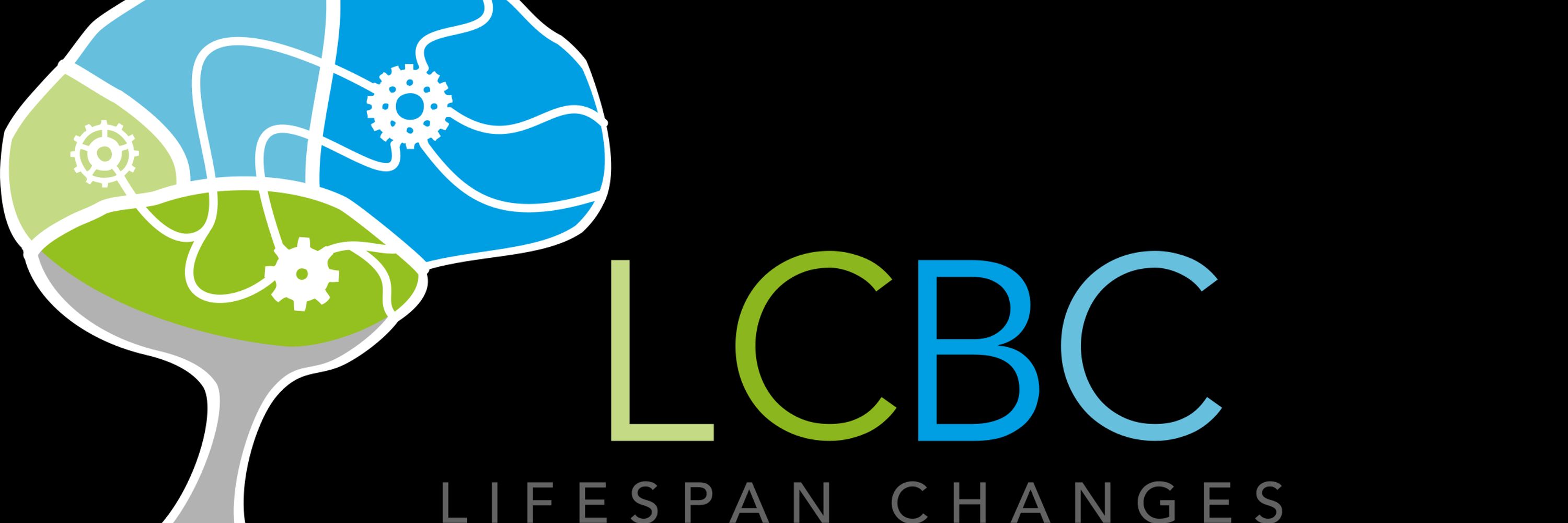
Anders M Fjell
@andersfjell.bsky.social
Professor of psychology. Center for Lifespan Changes in Brain and Cognition. University of Oslo. Interested in the brain from the start to the end. www.lcbc.uio.no
Takeaway: sex gaps in structural brain aging are modest and we must look beyond atrophy to explain women’s higher AD diagnosis rates. Other biomarkers? Or maybe non-biological causes?
October 14, 2025 at 6:06 AM
Takeaway: sex gaps in structural brain aging are modest and we must look beyond atrophy to explain women’s higher AD diagnosis rates. Other biomarkers? Or maybe non-biological causes?
Effects remained even when accounting for amyloid level. Reflect an immune response to accumulating, sub-threshold Aβ? Preexisting effects of higher cortical thickness in those that subsequently develop high Aβ? Protective factor?
August 21, 2025 at 7:44 AM
Effects remained even when accounting for amyloid level. Reflect an immune response to accumulating, sub-threshold Aβ? Preexisting effects of higher cortical thickness in those that subsequently develop high Aβ? Protective factor?
People with more education did better — but declined just as fast. The takeaway: To reduce dementia risk, we may need to shift from boosting adult cognitive reserve to investing in early education. #Lifecourse #BrainHealth #DementiaPrevention
August 1, 2025 at 11:40 AM
People with more education did better — but declined just as fast. The takeaway: To reduce dementia risk, we may need to shift from boosting adult cognitive reserve to investing in early education. #Lifecourse #BrainHealth #DementiaPrevention
The three #LancetCommission reports on #DementiaPrevention have shifted focus from early schooling to longer education as protection against dementia. Our new results suggest this shift may be misguided: early-life factors, not adult education, likely drive the effect.

August 1, 2025 at 11:40 AM
The three #LancetCommission reports on #DementiaPrevention have shifted focus from early schooling to longer education as protection against dementia. Our new results suggest this shift may be misguided: early-life factors, not adult education, likely drive the effect.
Finally, similar to the conclusion of @didacvp.bsky.social direct.mit.edu/imag/article... long follow-up time between scans yields much higher sensitivity to detect individual differences in change than many scans: 2 scans over 4 yr better than 12 scans over 1 yr

May 30, 2025 at 8:57 AM
Finally, similar to the conclusion of @didacvp.bsky.social direct.mit.edu/imag/article... long follow-up time between scans yields much higher sensitivity to detect individual differences in change than many scans: 2 scans over 4 yr better than 12 scans over 1 yr
Brain age models trained on chronological age are almost deemed to pick up signal from regions where there are almost no differences in change - i.e. brain age gap says next-to-nothing about aging before 60 years. Fits perfectly with @fmrib-steve.bsky.social et al www.biorxiv.org/content/10.1...

Characterising ongoing brain aging from cross-sectional data
“Brain age delta” is the difference between age estimated from brain imaging data and actual age. Positive delta in adults is normally interpreted as implying that an individual is aging (or has aged)...
www.biorxiv.org
May 30, 2025 at 8:56 AM
Brain age models trained on chronological age are almost deemed to pick up signal from regions where there are almost no differences in change - i.e. brain age gap says next-to-nothing about aging before 60 years. Fits perfectly with @fmrib-steve.bsky.social et al www.biorxiv.org/content/10.1...
Some interesting implications: Very difficult to find systematic differences between people in change before 50. The big exception is the ventricles: Larger diffs in change from earlier in adulthood.

May 30, 2025 at 8:55 AM
Some interesting implications: Very difficult to find systematic differences between people in change before 50. The big exception is the ventricles: Larger diffs in change from earlier in adulthood.
For those interested in my opinion, please see journals.sagepub.com/doi/full/10....

Sage Journals: Discover world-class research
Subscription and open access journals from Sage, the world's leading independent academic publisher.
journals.sagepub.com
May 5, 2025 at 9:32 PM
For those interested in my opinion, please see journals.sagepub.com/doi/full/10....

